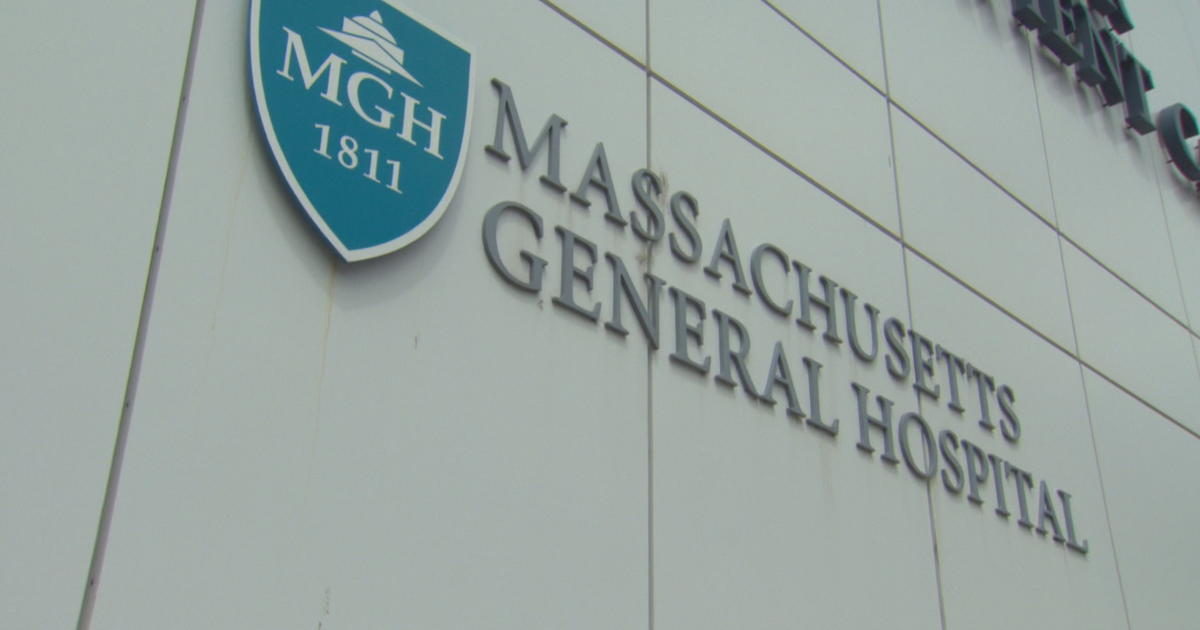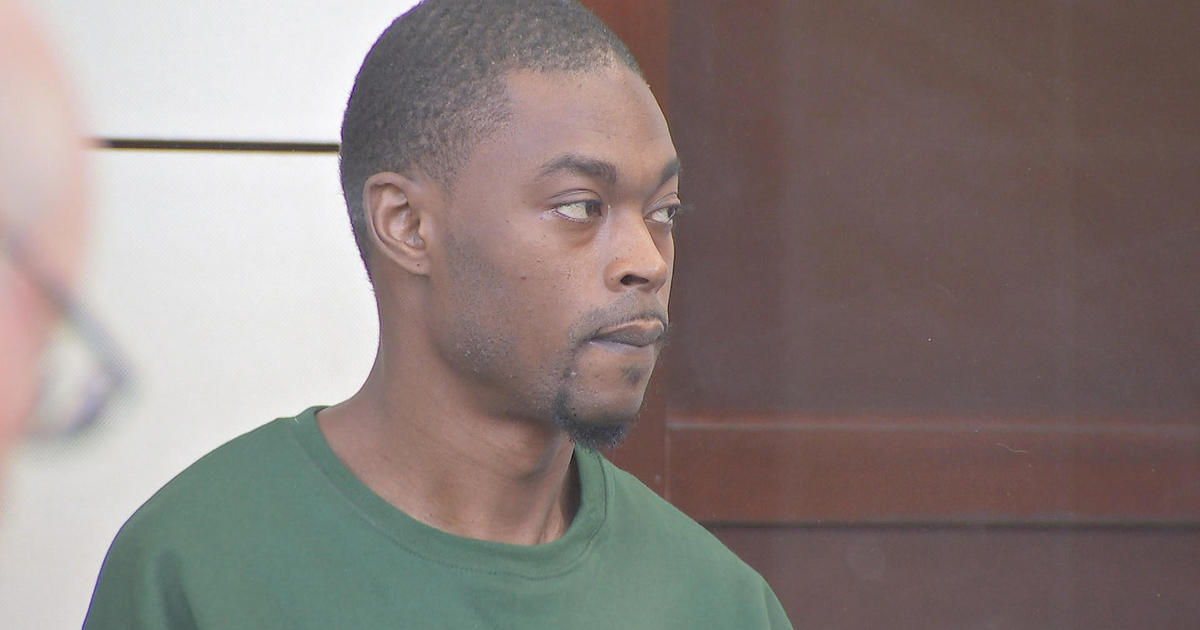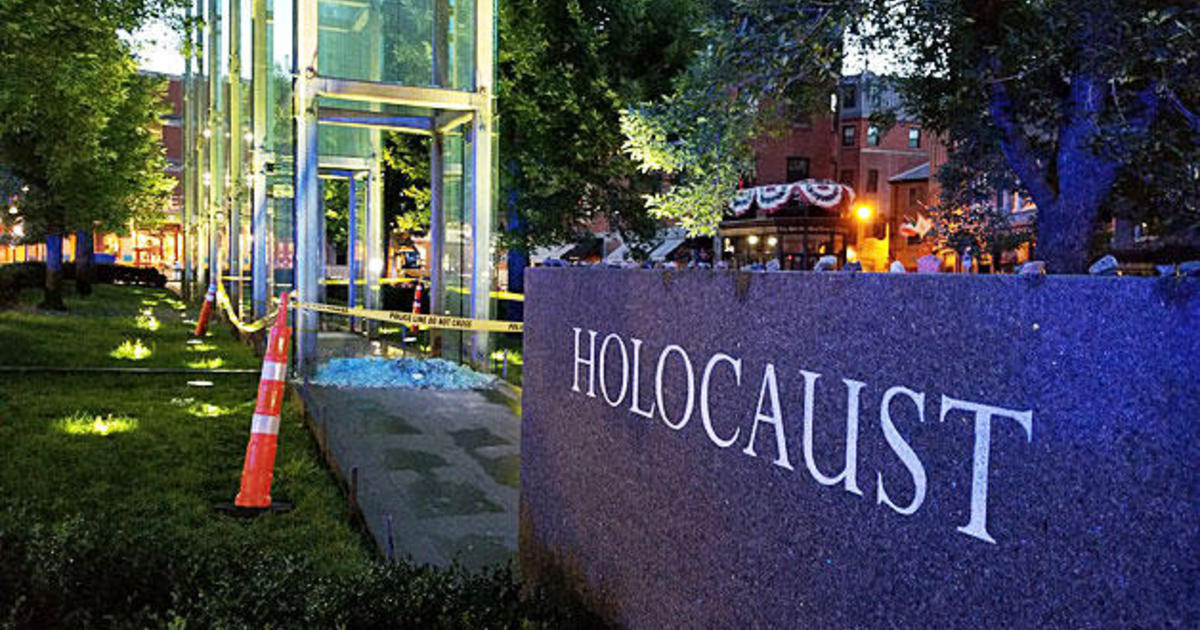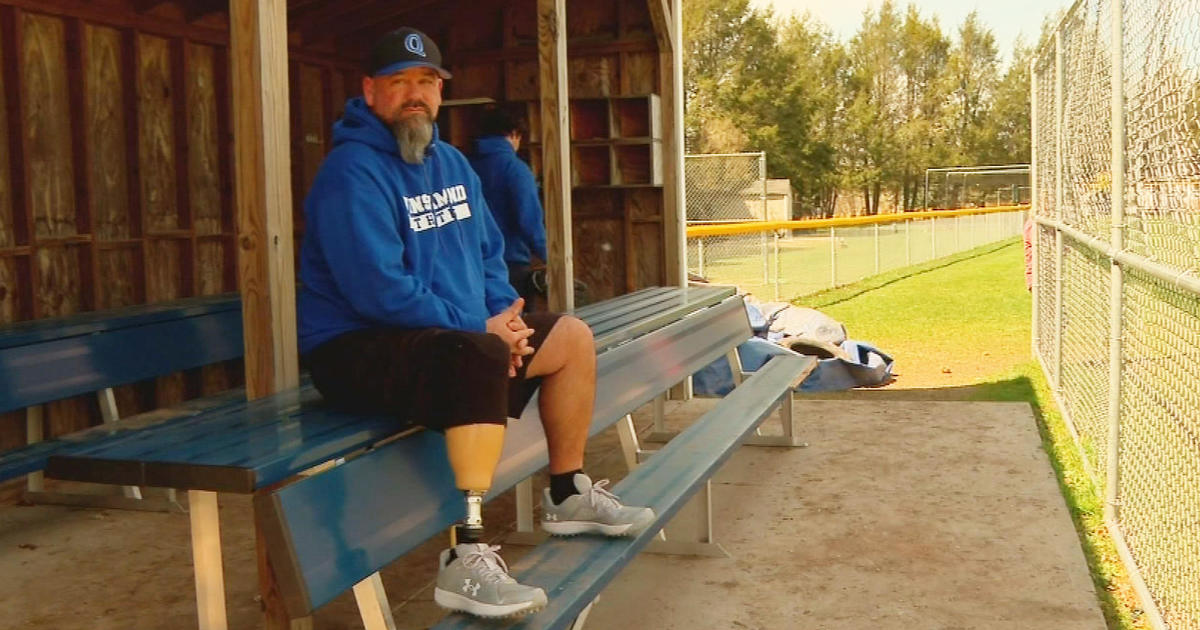America's First COVID Vaccine Clears Final Hurdle, Public Health Officials Push For Equitable Access
BOSTON (CBS) - An independent panel voted Thursday to recommend the emergency use authorization of Pfizer's coronavirus vaccine. FDA approval is likely in the coming days. As soon as that happens, public health experts will fine tune plans to help get the vaccine to those who need it most. The breakthrough is taking shape nearly a year after the first COVID-19 case was confirmed in the U.S. – nine months after the first wave of shutdowns in New England.
"Although this vaccine has been record-breaking in its development, we are comfortable, very, very comfortable with the science we reviewed," said Dr. Joseph Betancourt, chief equity and inclusion officer at Massachusetts General. "We believe the vaccine is safe and the best thing we can do to get back to our normal life."
But not everyone is convinced. Recent Pew Research polling shows roughly 60 percent of Americans say they would get the vaccine. The numbers drop when you speak to minorities. The study found that even though seven out of ten Black Americans know someone who has been hospitalized or has died because of the coronavirus, only 40 percent say they would get vaccinated if the shot were available today. That's compared to 63 percent of Latinos and 83 percent of English speaking Asian Americans.
"Several factors play into this perspective. This is new, came fast and that in general has created anxiety and mistrust for people. There's also the concern around the politicization of the vaccine," Betancourt said. "For communities of color there is a long history of earned mistrust based on issues of experimentation and segregation."
One example, the Tuskegee Study, a 1932 trial that tracked 600 Black men with syphilis. Projected to last six months, the study went on for 40 years; before an investigation forced the trial to end. Investigators concluded the study was "ethically unjustified." Researchers didn't tell patients their diagnosis, conducted the trial without the patients' informed consent and in many cases denied them treatment – causing needless suffering. The findings would give way to laws establishing ethical rules for research involving humans.
Dr. Gloria White-Hammond, co-pastor, of Boston's Bethel AME Church says the distrust is rooted in injustice and the effects of institutionalized racism. "It's not only rooted in the history. It's also confirmed in the reality," said Dr. White-Hammond. "So much of what we are seeing now are a function of current existing racism within the health care system."
The Centers for Disease Control has been tracking hospitalization and death data, linked to the coronavirus, by race and ethnicity. Records of patient information have found that Black Americans and Latinos are more likely to get COVID-19 than whites. Hospitalization and death rates among both minority groups are three times higher than those of white, non-Hispanic persons.
White-Hammond says changing mindsets can happen one conversation at a time. She recently helped host a community forum with Roxbury Presbyterian's Rev. Liz Walker and infectious disease expert Dr. Anthony Fauci.
"I acknowledge what people's concerns are and then ask me to tell me more," White-Hammond said. "Then, if they allow me, I share what some of my thinking is and why I would hope that they would at least consider getting the vaccine."
Dr. Jorge Arroyo, an ophthalmologist at Beth Israel Deaconess Medical Center uses his lived experience to advocate for his patients – many of whom are Latino. Arroyo participated in the Moderna trials currently underway at the Brigham.
"After the second vaccine injection, the next day I did feel like I had muscle aches, very mild chills, and a little nausea. Sort of what you feel when you're about to get the flu. Then by the second day it was gone," Arroyo said. "I felt like that was a very, very small price to pay for the unbelievable 95 percent rate in reducing the symptomatic COVID. When I tell them I participated in the trial, and most probably got the vaccine because of the symptoms, I think something does change in the way they look at it."
Arroyo says many of his Latino patients, who are skeptical about the vaccine, are often getting their information from unreliable sources on social media. An interim government review of Moderna's vaccine says the shot is safe and highly effective. Local doctors are even encouraged by the diverse patient pool, according to the latest Pfizer analysis, 42 percent of its trial participants come from diverse backgrounds.
Betancourt says building back trust will take consistent and deliberate public health messaging from reliable sources. For months, he and his team at MGH have been pushing out videos on YouTube in different languages. The short clips are easy to understand and aimed at dispelling the myths and misconceptions often entrenched in communities most impacted by the pandemic.
Betancourt says transparency and equal access to the vaccine in this initial rollout will also help bridge the gap.
"It's not just the doctors, it's not just the nurses, it's the environmental service workers who come into room, the nutrition and food service workers who deliver the food. Those individuals come from those same vulnerable communities that are hot spots," Betancourt said. "We're trying to model equity with our own workers."



